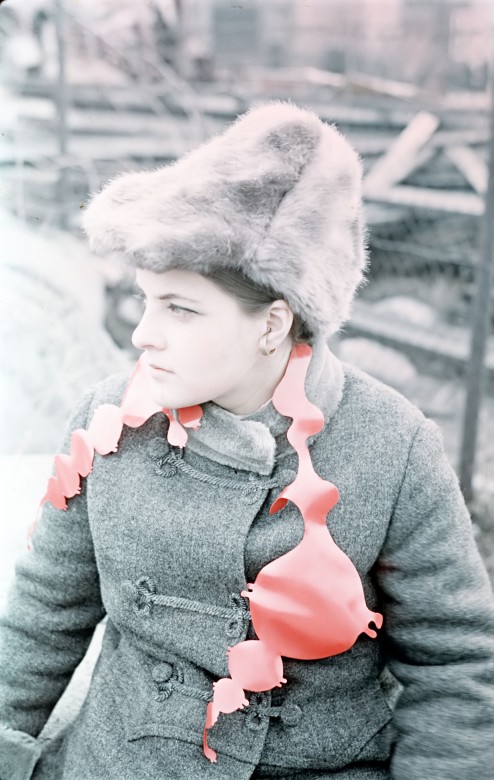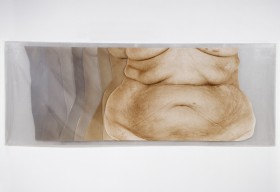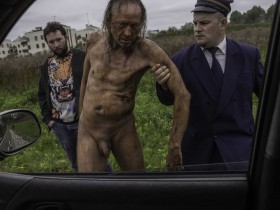Omnipresent, open air action with the participation of Maria Dobkowska
- type of object: photography
- date: 1969
- material/technique: slideshow
- inventory No.: F-115
Jan Dobkowski rejected textural solutions stemming from post-impressionism while he was still studying. He eliminated the painterly space from the painting, filling the surface of the canvas with large flat fields of lightly applied colour. He limited the colour range to two contrasting complementary colours — red and green — which he considered to be the colours of life. The line outlining the shapes flows in restless, meandering turns, creating Art Deco-like decorative arrangements. Despite deformation and exaggeration of forms, the paintings are subjective rather than abstract. The repertoire of repeating motifs includes, among others, multiplied breasts with heavily marked nipples, heads with strands of hair resembling flames, human skeletons, hearts, sperm, and embryonic shapes. The human form is not superior to other elements of the compositions — all the organisms remain equal and mutually entangled. The hierarchical division into the human and the non-human is abolished. Arrangements of soft shapes express symbolic content: an elemental wonder of life and a sense of oneness with nature constantly undergoing change.
In 1969, the artist cut out from chipboard, as he put it, ‘many-breasted women, apple-women, bird-women, pear-women’. Dobkowski’s premise was to present them as the series Prolongation of Summer in open space, at a time when nature is dormant. That same year, the work Omnipresent was created — the form of a woman with many breasts cut out of thin red garden membrane. Dobkowski along with his wife Maria laid the figure out in a snowy forest, on the hills surrounding Duszniki-Zdrój. The artist described this activity as his first individual exhibition, which had only two viewers: the artist himself and Maria, whom he called ‘Omnipresent from Outer Space’. Unlike the rigid chipboard forms, this one was more ephemeral because of the material used. It was flexible, so it could be rolled up and unrolled in various locations: at a museum or anywhere. In the case of both works, the transfer of motifs beyond the two-dimensional surface of the canvas into the real world testifies to Dobkowski’s spatial interests. This type of presentation demanded a dynamic gaze from the moving observer, who thus became a co-creator of the work. Similar experiments with space appeared in avant-garde art as early as the beginning of the 20th century; therefore, Dobkowski can be included in the long line of artists interested in this issue for more than a century.
Ewa Skolimowska, translated by Paulina Bożek
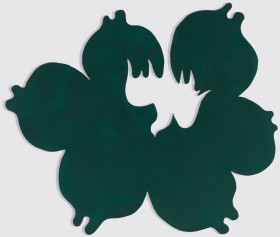 from the series Prolongation of Summer V1969
from the series Prolongation of Summer V1969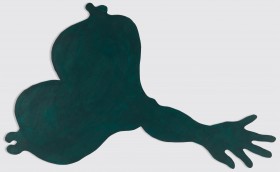 from the series Prolongation of Summer VI1969
from the series Prolongation of Summer VI1969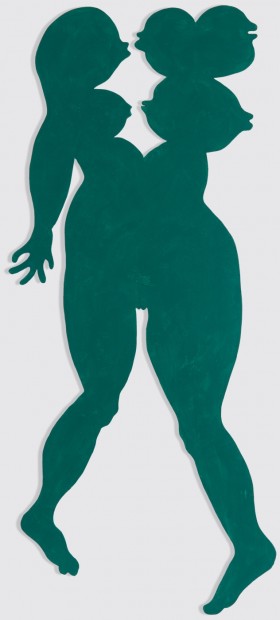 from the series Prolongation of Summer VII1969
from the series Prolongation of Summer VII1969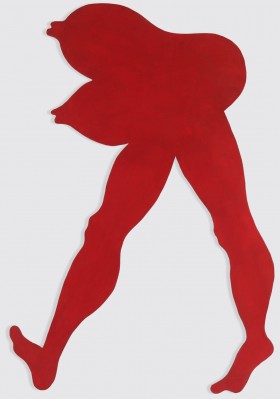 from the series Prolongation of Summer VIII1969
from the series Prolongation of Summer VIII1969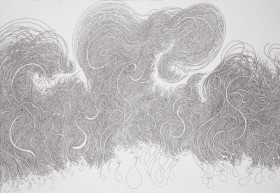 When the Wind Blows1975
When the Wind Blows1975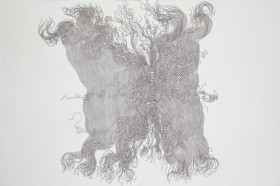 Ghost1975
Ghost1975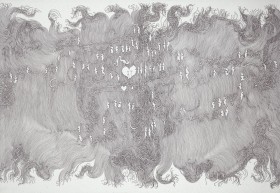 Aquarium1975
Aquarium1975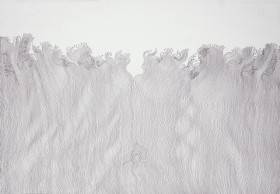 1976
1976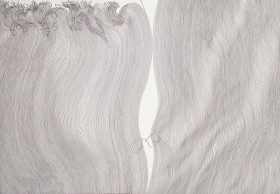 Attempted Contact1976
Attempted Contact1976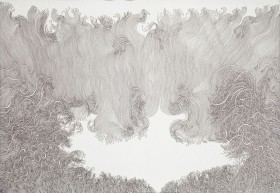 Abyss1976
Abyss1976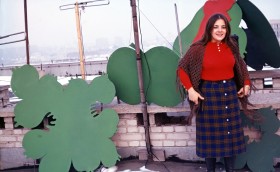 Prolongation of Summer, action on the roof of the artist’s studio on Chłodna Street, Warsaw1969
Prolongation of Summer, action on the roof of the artist’s studio on Chłodna Street, Warsaw1969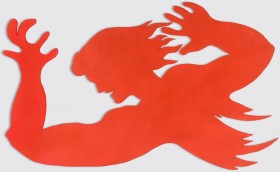 from the series Prolongation of Summer IV1969
from the series Prolongation of Summer IV1969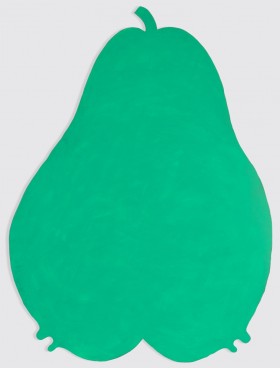 from the series Prolongation of Summer II1969
from the series Prolongation of Summer II1969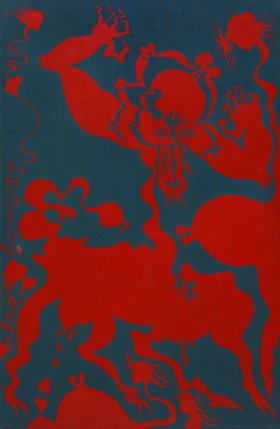 Voracious Woman 1970
Voracious Woman 1970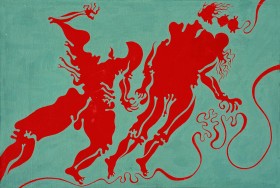 Blind leading the blind1970
Blind leading the blind1970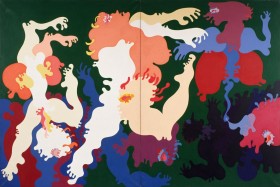 Euphoria1973
Euphoria1973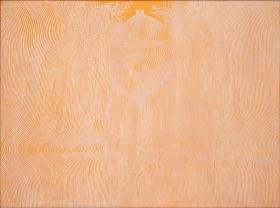 A Great Day 1980
A Great Day 1980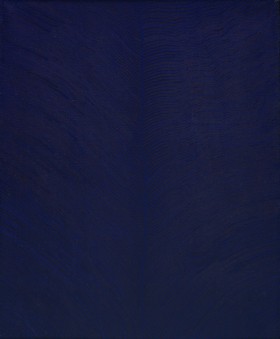 My River II1980
My River II1980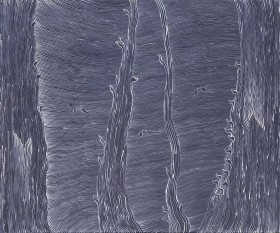 The Trees of Jan D. 1980
The Trees of Jan D. 1980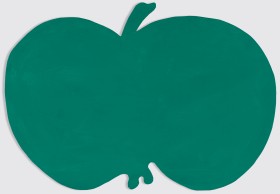 from the series Prolongation of Summer I1969
from the series Prolongation of Summer I1969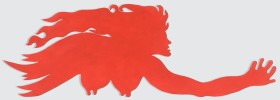 from the series Prolongation of Summer III1969
from the series Prolongation of Summer III1969
